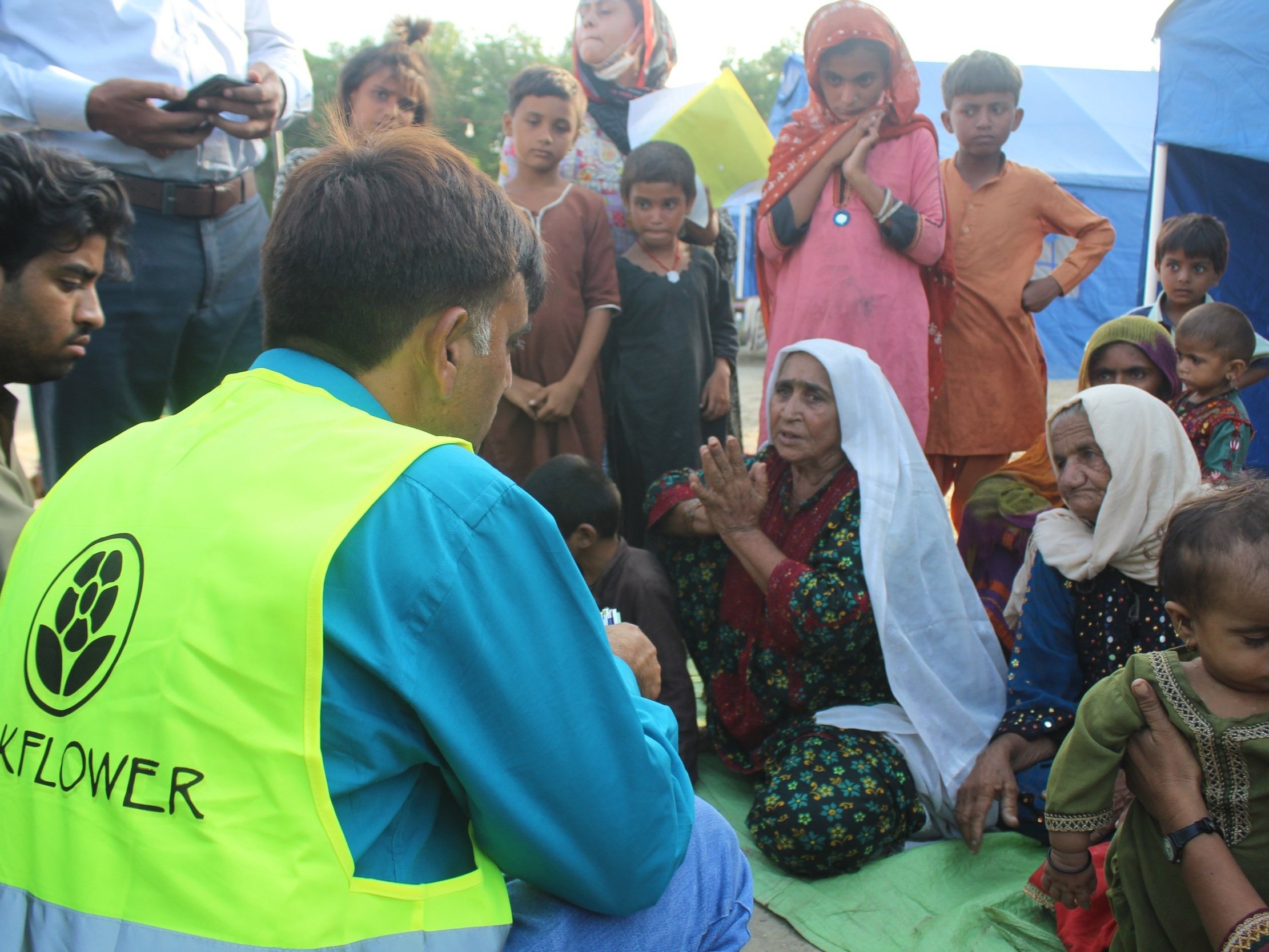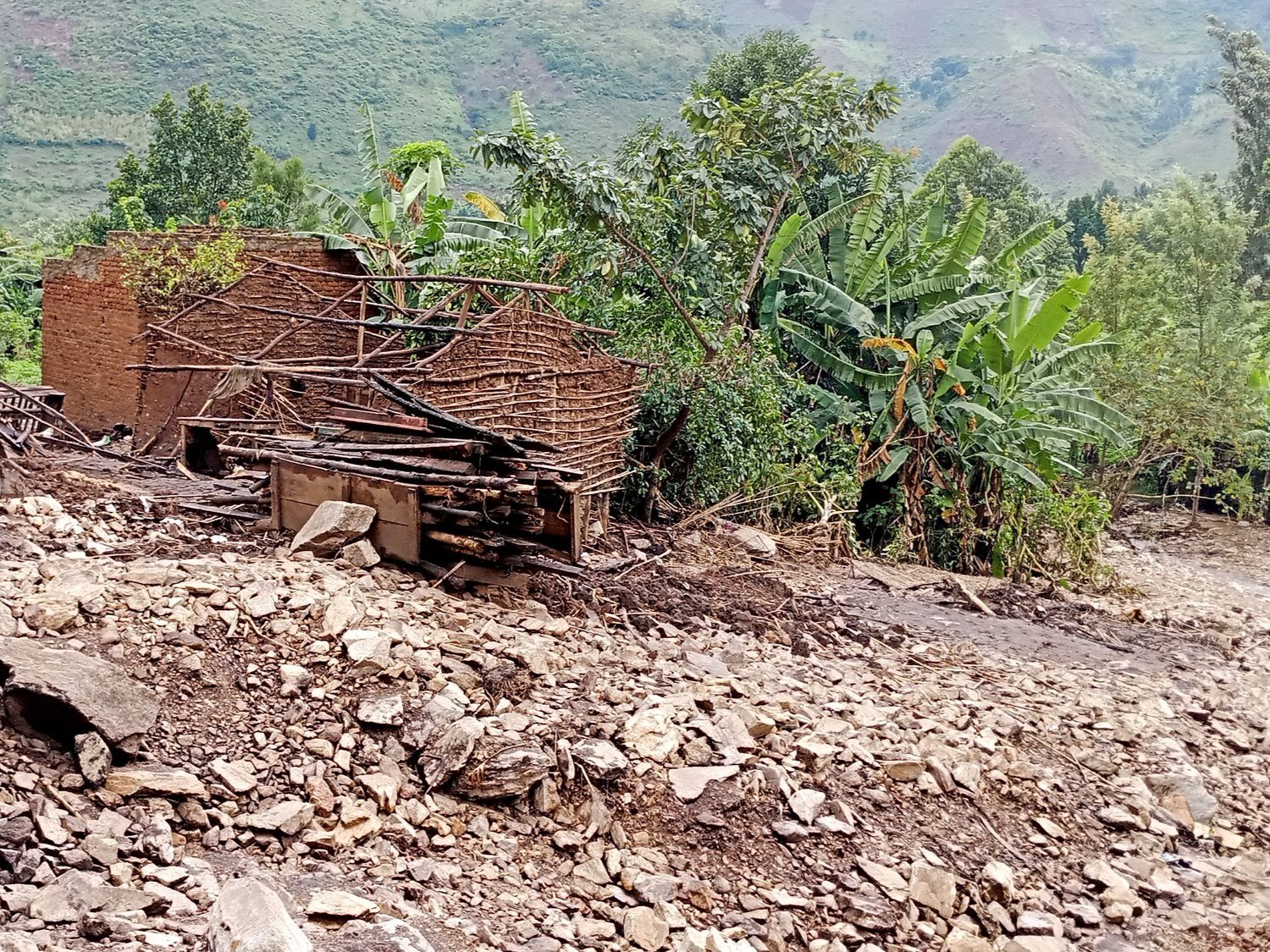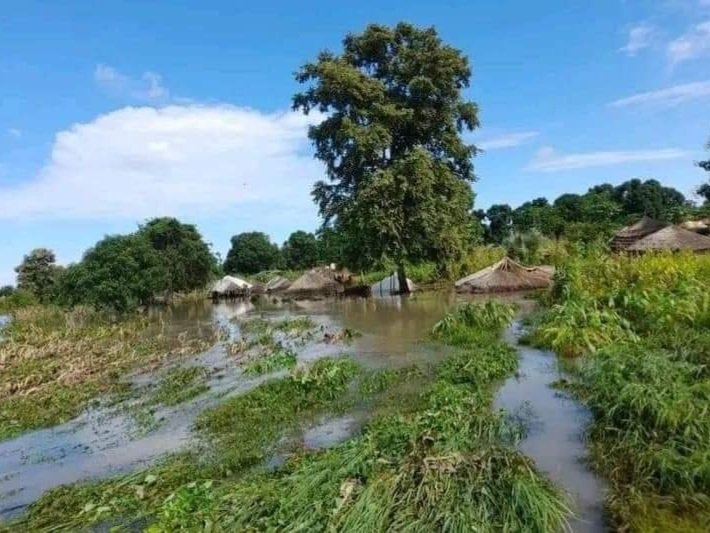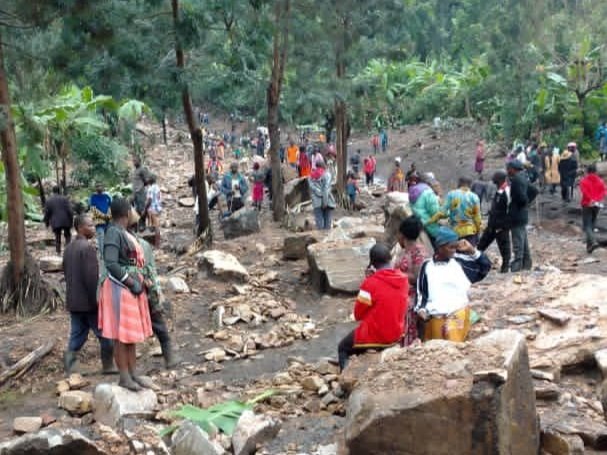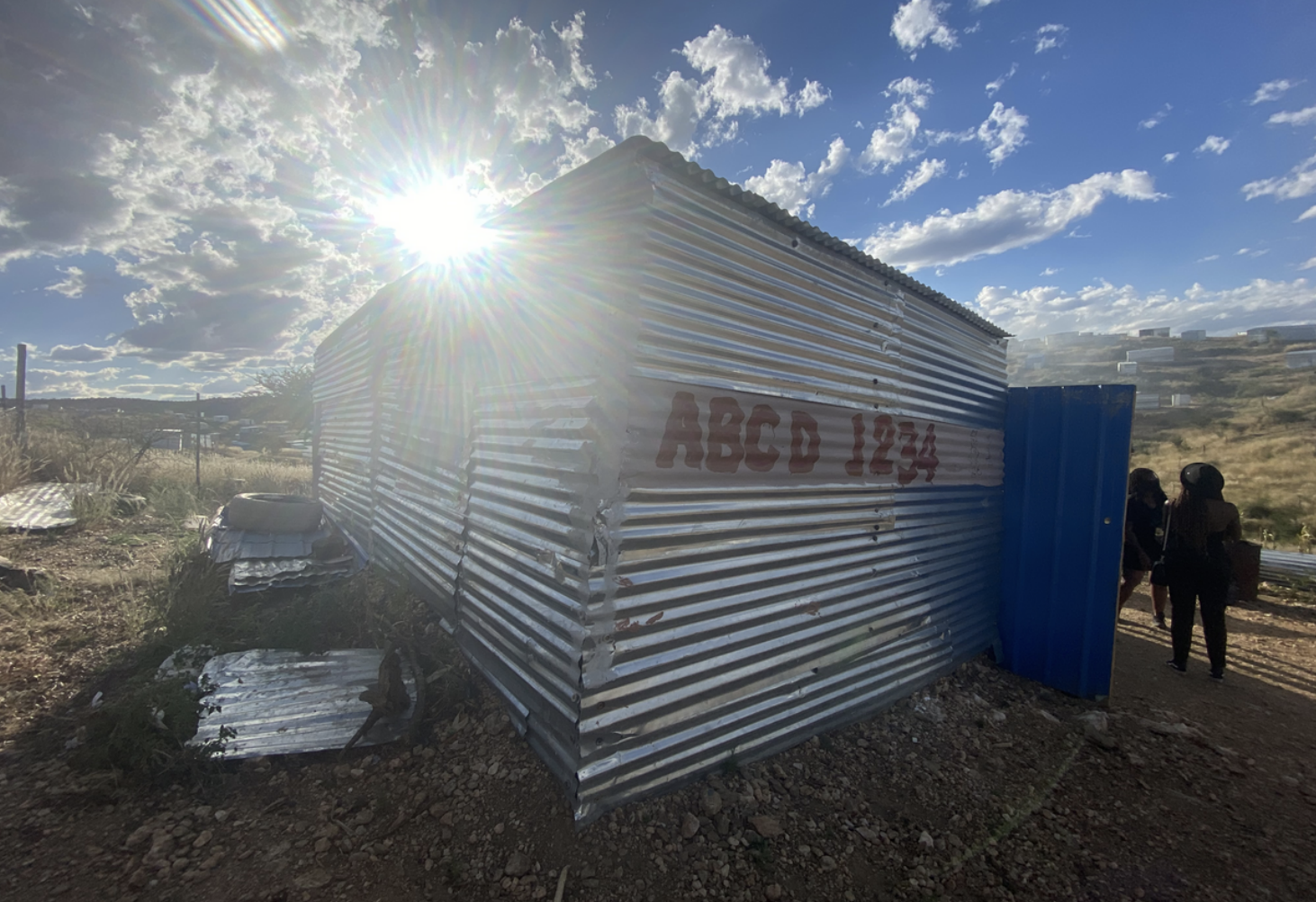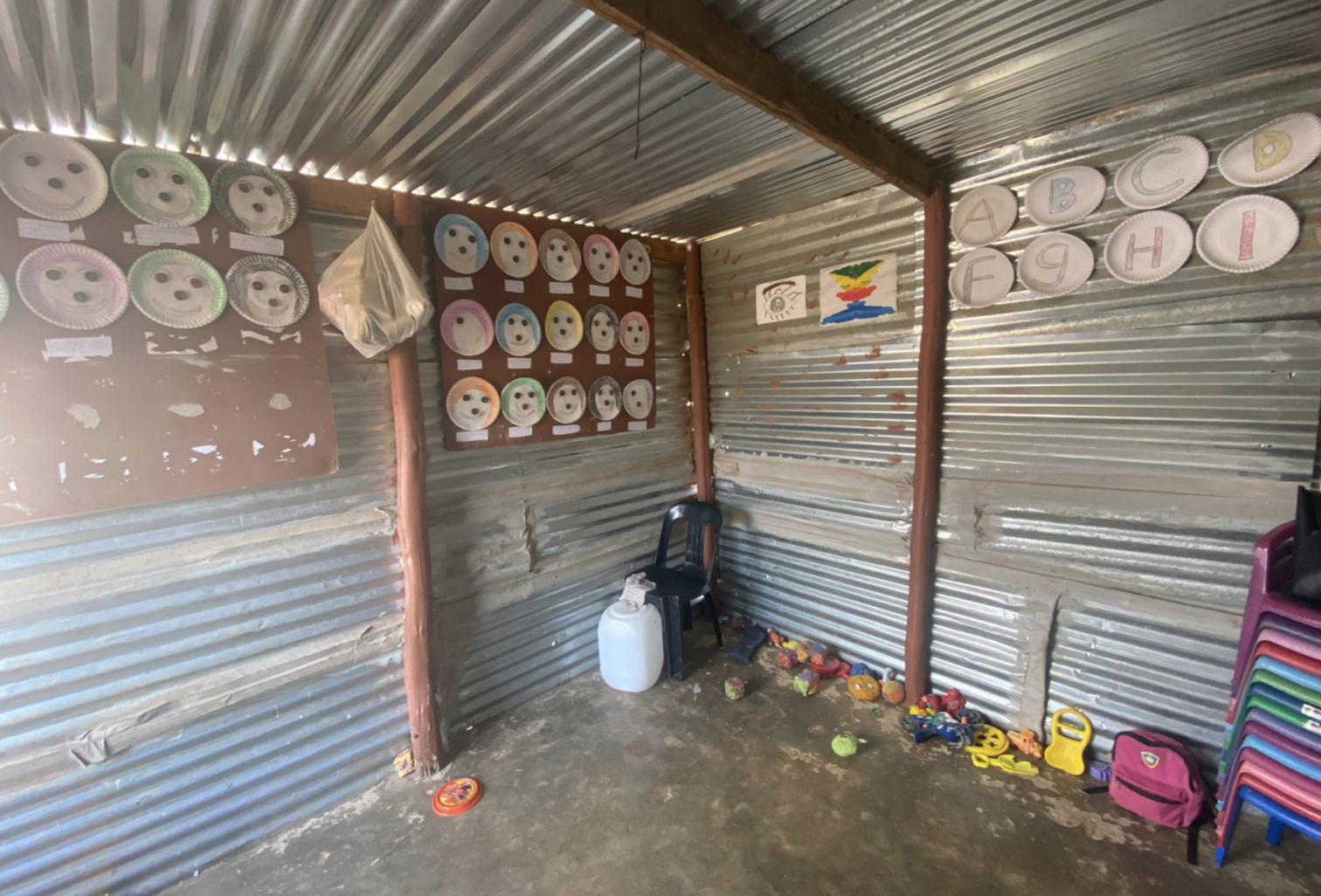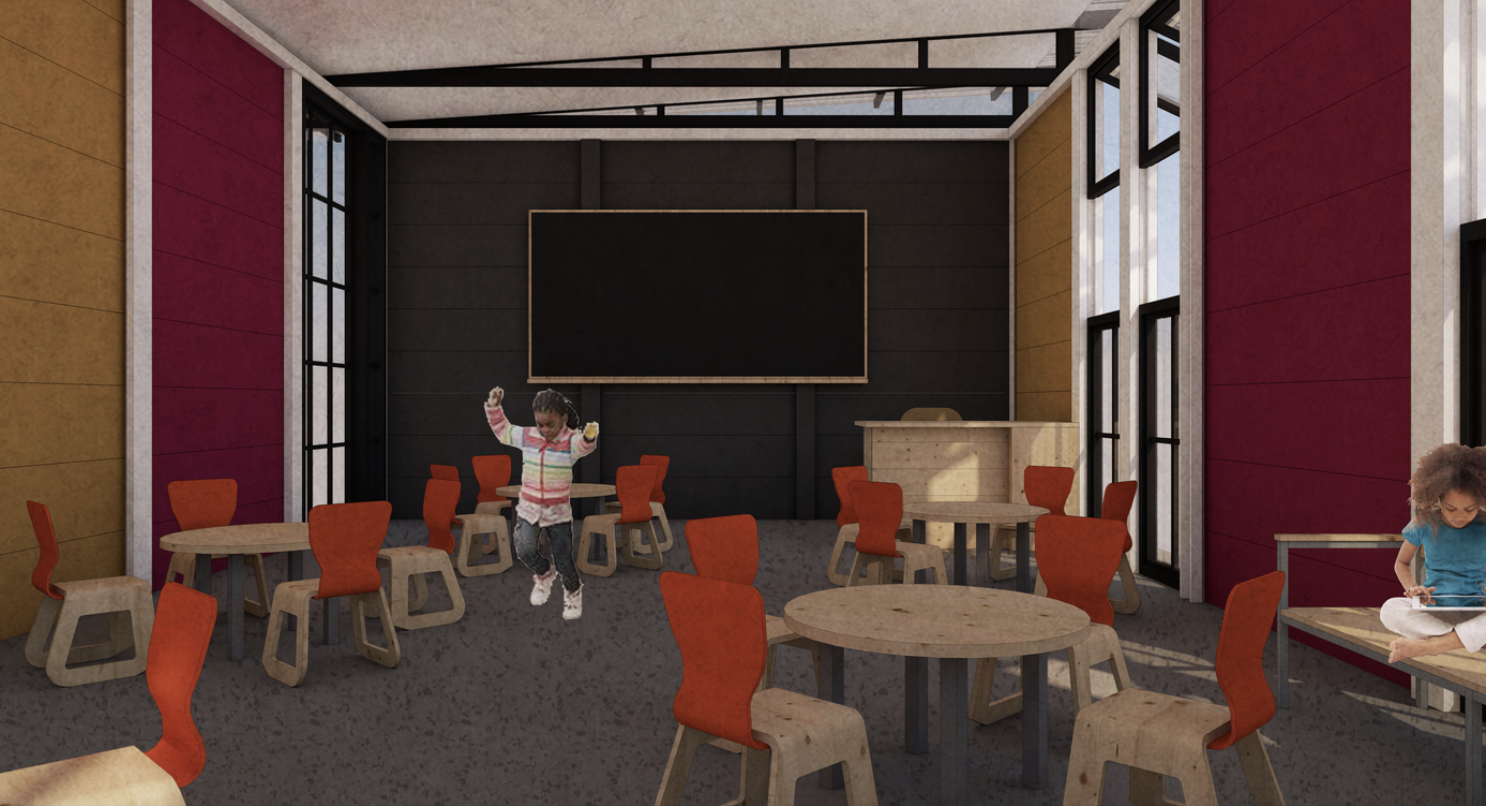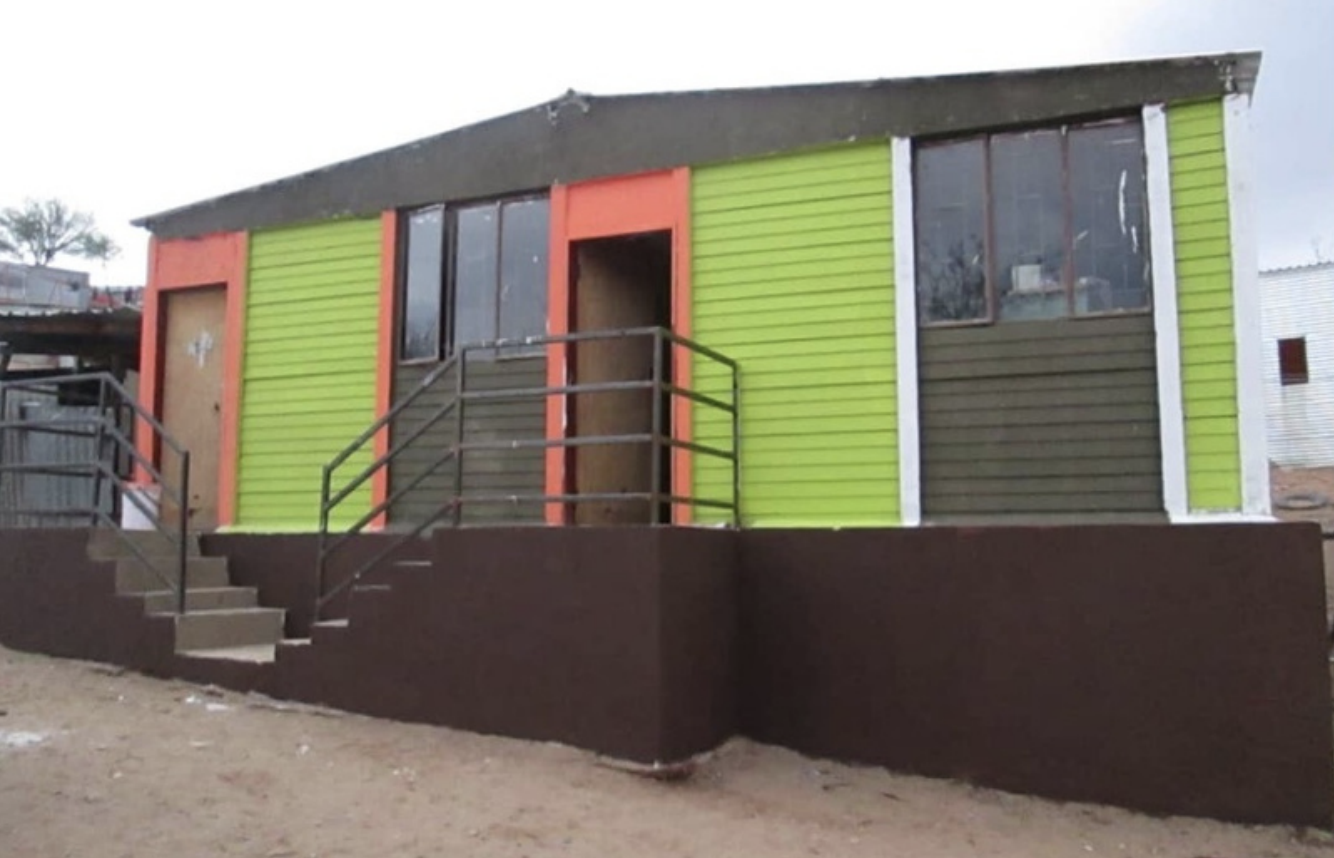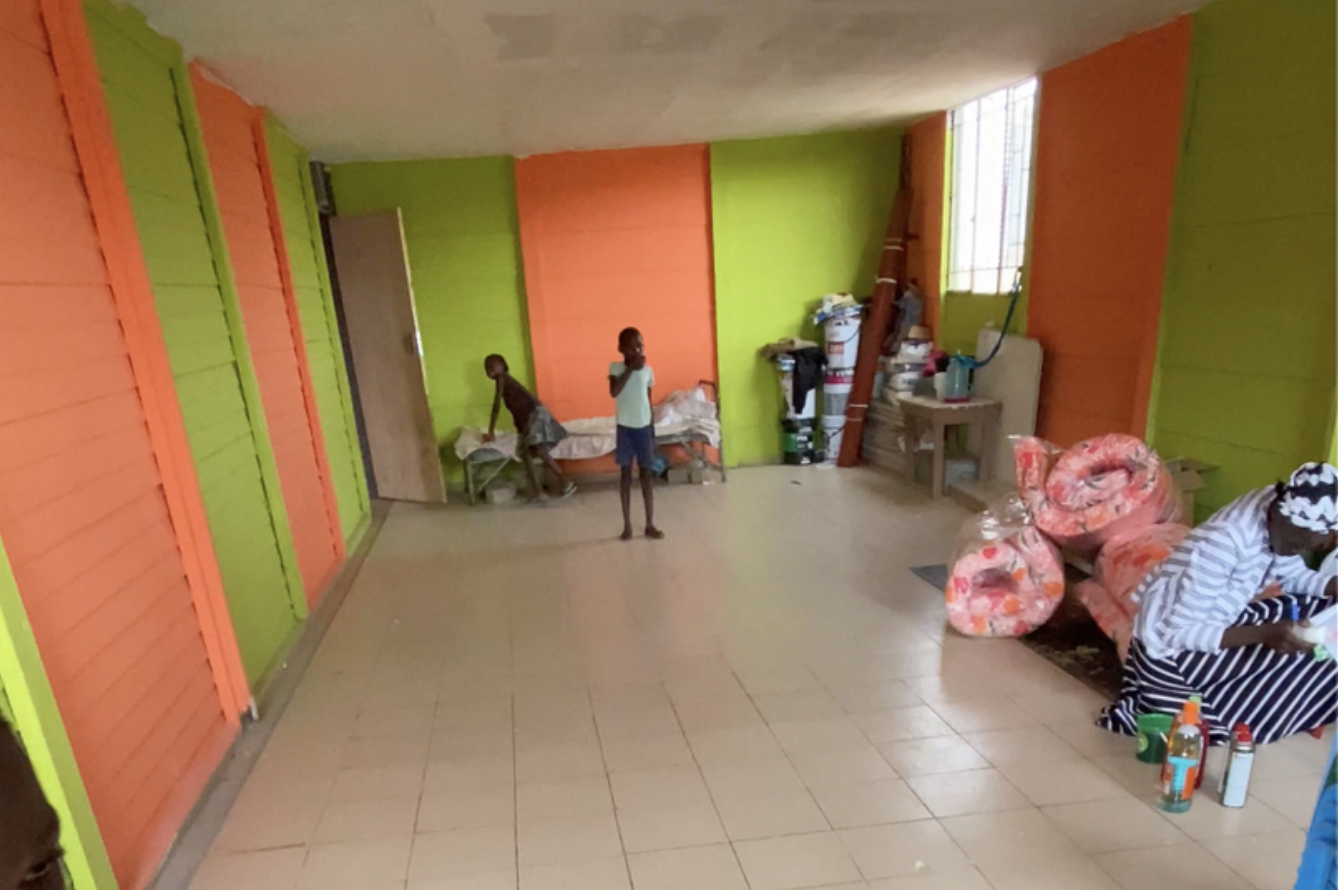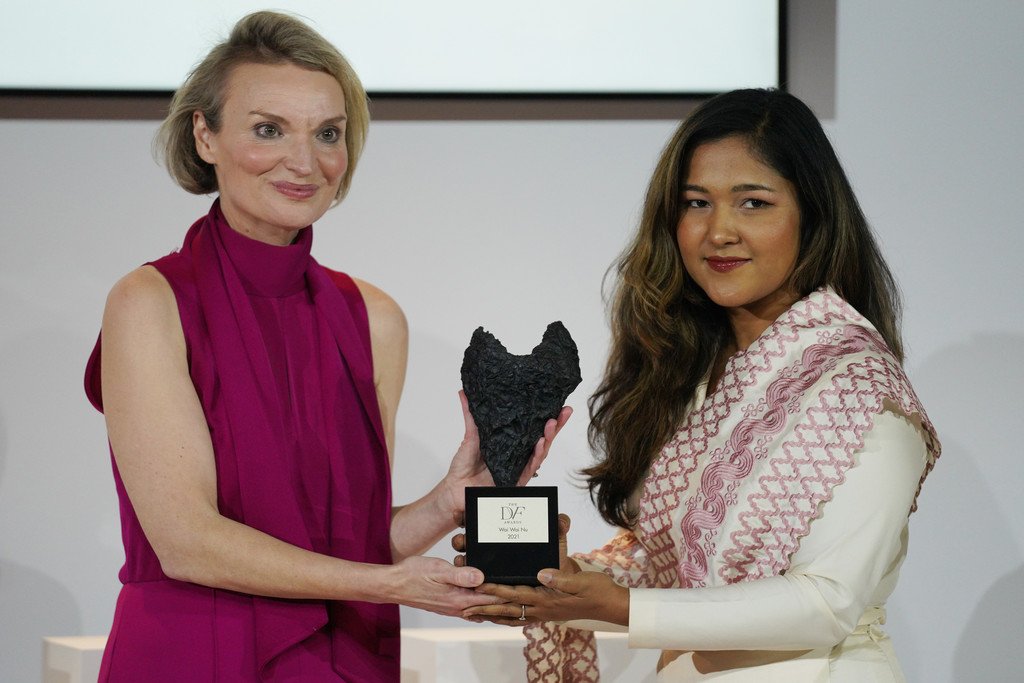In January 2022, Rockflower sent out a short survey of ten questions to our current and past partners. We received 28 responses from 16 countries. What we found was a common thread of mutual respect, understanding and a fierce determination to keep going against all odds.
Rockflower began a decade ago with the simple intention to get more money into the hands of women and girls on the global margins,through a holistic Five Key framework. This would then provide them with agency and opportunity to make decisions about their lives.
We are a small team with a mighty will to ensure that we do all we can to provide funding and support to our partners. We are called Rockflower Partners Inc. for the simple reason that we are the sum total of our partners' needs and their subsequent successes.
This survey provided a great deal of insight into the challenges our partners are facing, their visions for growing their organizations, views of Rockflower and its own plans for growth, and their strong desire to collaborate across organizations and nations.
One of the questions asked was about receiving follow-on funding from other organizations after receiving funding from Rockflower. We were delighted to find that 92% of our partners who responded to the survey, the majority of whom had no access to international funding before partnering with Rockflower, were able to attract follow-on funding from other global organizations. This clearly demonstrates the value of being the first to fund small community based organizations and social enterprises.
The ability of our partners to obtain follow-on funding is a clear demonstration of the Currency of Mind™. Rockflower’s philosophy is that the Currency of Mind™ is the most valuable and powerful currency that exists, everything of value starts with an idea created in someone’s mind and when shared it increases, expands and takes on energy. We place the Currency of Mind™ at the center of all of our work.
We asked our partners to describe what the concept of The Currency of Mind™meant to them. YSWID in Uganda shared that, “Even when we don't know where money will come from we listen to people in our community and offer to find a solution to their challenges. The ideas people have about their challenges are very important for the success of the project so we respect them and we offer to help them even when we don't have money."
Another key finding from the survey was our partners’ strong desire to collaborate and learn from one another. Over 90% of our partners indicated a desire to communicate and collaborate with other partners within the Rockflower Family and demonstrated a willingness to network across areas of expertise and different geographies. With this insight, we are planning to create virtual spaces for collaboration and growth.
JWAS, a partner organization based in Nepal told us, “We would also like to increase our networking with like minded organizations. We believe that knowledge sharing, learning exchange and networking help us to grow. So we would like to share the impact of our work to the global audience, this could be done by in person visit as well as virtually. Similarly, we are interested in conducting the learning exchange event and to share the outcomes to the global audience."
The survey also asked about the biggest challenges faced by each organization. Our partners have persevered through extreme obstacles including war, famine, political unrest, and most recently by supporting their communities through the pandemic. What is abundantly clear is their need for additional resources.
Organizations like Gambia Goat Dairy, have gone on to meet with great success, but this was not always the case, they credit Rockflower with funding them in the gaps when it was really difficult to obtain mid-level funding.
They told us, “[One of our biggest challenges has been] mid-scale funding. We had an influx of seed funding but struggled to find funding to scale our results from 5 years of work in Gambia – Rockflower completely supported this transition first with targeted smaller-scale funding for necessary projects (2019-2020) which catalyzed our development as a teaching and research program. Then they stepped in to help us scale through Penn Global HAREF matching support – an essential component of mid-scale funding that will allow us to expand over the next three years.”
Responses like these have illustrated the need for a Seed to Canopy™ funding model, something we have been developing for a number of years and plan to implement in the near future. This model will provide ongoing restorative financing opportunities to those at all stages of the investment process, strengthening capacity and longevity for all involved.
One last key finding from our survey was less tangible, but for us, one of the most important. Partners indicated their respect for Rockflower’s willingness to consistently engage in honest, meaningful conversations. They felt that the team was approachable, and that they could be transparent in their requests and engagement. When asked for five words to describe Rockflower, the most repeated words were: Trustworthy, Authentic, Reliable, Practical, Loving and Empathetic.
Overall, the partner survey proved to be an incredibly useful tool that will help shape our future endeavors. It is evident that our partners truly feel part of the Rockflower Family knowing that they all have valuable insights and knowledge to share. As we work consistently towards increasing investment capital to fund our future Seed to Canopy™ model, creating collaborative spaces for our partners and continuing to develop the Currency of Mind will be uppermost in our minds.
Please consider becoming a monthly gardener to bring these visions to life:









